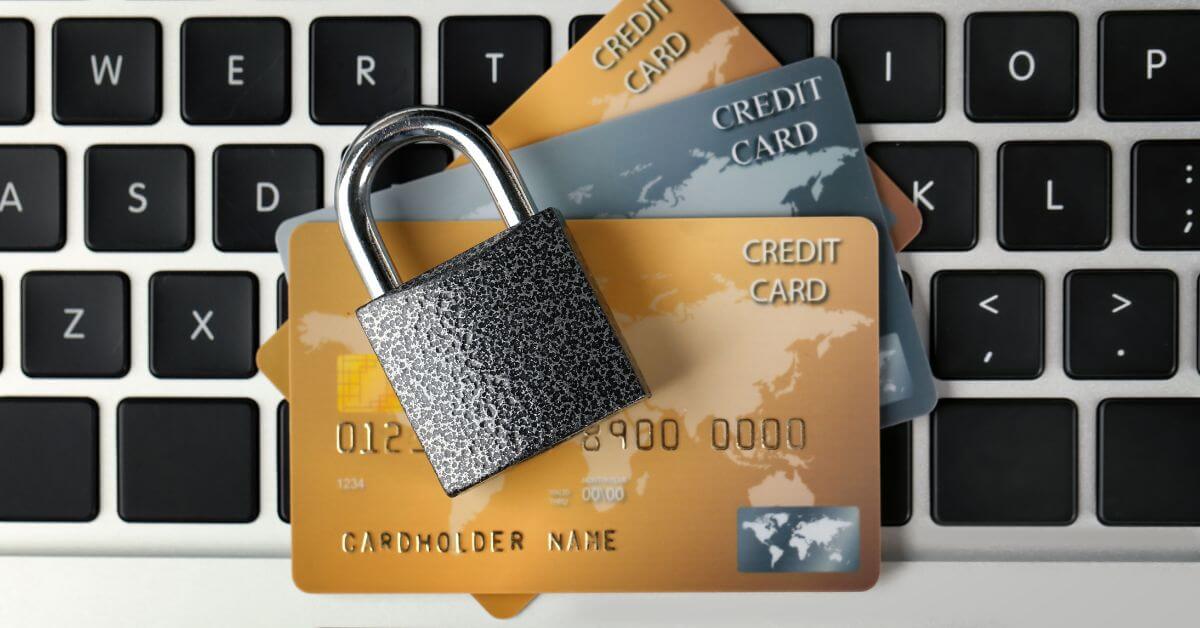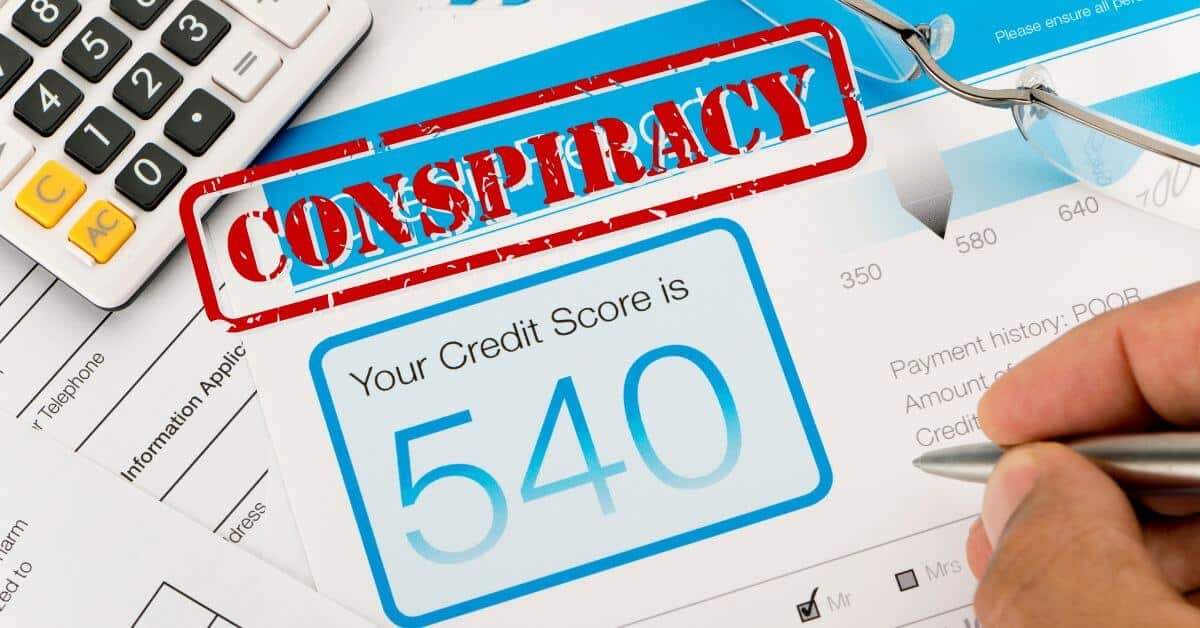We all know that it’s important to keep your mind and body healthy, and simple habits can have a big impact. The same is true with your credit score; staying consistent with actionable items helps keep your credit score robust and reduces your chance of credit “illness.” Just like physical wellness improves with diet and exercise, credit score improvement is possible with small, incremental changes. In addition, it’s also important to steer clear of fads and quick fixes. Today, we’ll cover some credit score improvement tips you can begin implementing today.
Tip #1 – Pay Your Medical Bills.
Unpaid medical bills are quickly sent to collections. Even if the dollar amount is small, debt collection can crush your credit score. If you’re having trouble paying a medical bill, make sure you inquire about payment plans or possible hardship reductions; just don’t let the bill go unpaid.
Tip #2 – Do NOT Pay Collections
This tip sounds counterintuitive at first, but it’s important to understand how your credit score is calculated. The credit scoring model doesn’t change based on the amount of a debt in collections. Instead, it’s only affected by the status code and the date of last activity. Every time you make a payment, the date of last activity is updated, and your score is negatively impacted. For this reason, a collection for $5 and a collection for $5,000 have the same negative impact on your score. When you make payments on debts in collections, your score doesn’t improve.
Tip #3 – Opt-Out of Credit Bureau Marketing Lists.
You may not know this, but you were opted-in at birth to the Credit Bureaus marketing lists. You have to opt-out, or they can sell your personal information for profit. The information for sale includes your SSN, DOB, debt amounts, credit scores, age, address and more. Go to www.OptOutPreScreen.com to electronically opt-out for 5 years. Then, print the form and mail it in to opt-out permanently. Any time your information is co-opted, there’s an increased risk of damage to your credit score.
Tip #4 – Pay Attention to Your Social Credit
The idea that your public persona – including your social media avatars – can affect your credit score is a relatively new concept. However, in our current reality, it’s easy for lenders to make judgments based on the person we curate on social media. Don’t post publicly about your personal spending habits or large purchases (i.e. expensive vacations) and don’t give your bank your social media handles. Your social credit isn’t just about your Instagram profile, however; it’s also about how you present yourself in the world and interact with others – and it can absolutely affect your credit score. For example, if you often call public utilities to gripe about bills, you run the risk of being “flagged.” Banks can even use these social cues to determine if you’re a good fit for a potential customer – and you can be classified as a “waste of time” if you’re a credit challenged consumer.
Tip #5 – Consider Bankruptcy Carefully
Bankruptcy has a reputation for being an absolutely last resort, but that actually reflects a misunderstanding of how it works. Many consumers underestimate the damage of late payments and overestimate the damage of bankruptcy to their credit. Did you know that a 90-day late payment on a credit card has the same negative impact on your credit score as filing for bankruptcy? Excessive debt can be catastrophic for your credit score and financial situation, and in some cases, bankruptcy is the right decision. If you’re facing $40,000 in debt and you’re currently making $40,000 a year, you’re in a tight spot, and bankruptcy may actually be the best way to go. Massive credit debt will limit your credit for 3-5 years, even after it’s paid off, but you can often start fresh at only 90 days post bankruptcy. Finally, you can even be approved for a home loan in 2 years after filing.
Tip #6 – Get a Secured Credit Card
A secured credit card is one of the best ways to increase your score. Here’s how it works: you make a security deposit, and you’re issued a card with an identical credit limit. Because your deposit guarantees your credit line, it’s extremely low-risk for the bank, and your credit score reaps the benefits. Just make sure that the card you choose reports to all three credit bureaus so your efforts will be rewarded; we recommend a secured card through Discover.
Tip #7 – Pay Your Credit Card Bills Before the Statement End Date
Most people think the key to building a good credit score is to get a credit card, use it during the month, and then pay it off when the bill comes in. Unfortunately, this faulty belief is encouraged by the credit card companies. By the time you get the bill, the credit card company has already reported it to the credit bureaus, and the ending balance is recorded as debt. Debt reduces your credit score. However, if you pay the account off each month, your credit score won’t get dinged. The credit card company will report the balance to the credit bureaus right before you pay it off each month.
Tip #8 – Avoid Loan Modifications
Simply put, loan modifications are a scam. Like all good scams, there are stories of individuals getting a loan modification that changed their life, but for the general public, the benefits are a myth. Loan mods are designed to trap you into doing whatever the bank wants. There’s a good chance you’ll be stuck in limbo – missing payments or paying reduced ones – while they “decide” if they’ll approve you. Once they’re ready to present you with an offer, you’ll be in an even worse situation and forced to take a less-than-desirable offer.
Tip #9 – Avoid Co-Signers
There’s little benefit to a co-signer when it comes to credit score improvement. It does give the bank another person to pursue in the event that you can’t pay your debts, but adding a co-signer to your car, mortgage, or student loan doesn’t improve your credit score. It should be reserved as a last resort, if it’s the only way to obtain a loan.
Tip #10 – Choose Authorized User Accounts With Caution
An authorized user account is a way to hold a card in your name that’s linked to another person’s account. In the past, it was often touted as a quick way to “piggy-back” on the credit score of a family member and easily benefit from their good credit. However, it’s a little more complex than that. Authorized user accounts can help you see an increase of 80-90 points, but only if the account has a low utilization rate, the limit is over $10,000, and the cardholder has a good credit history. Make sure your authorized user is a responsible credit card user; if their account is close to or totally maxed out, you’ll see a negative benefit on your credit score.
If you’re looking for additional support, InCreditable Advisors can help you understand more about how credit scores work. We can show you more about how to improve your credit, and we give you the tools on how to protect your scores. Call us today at 317.202.1297 to schedule your consultation.






